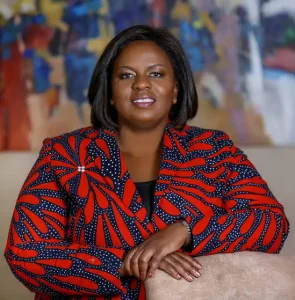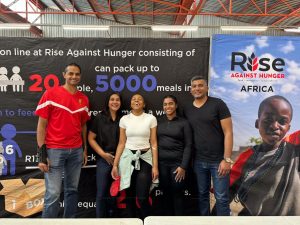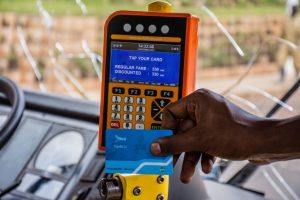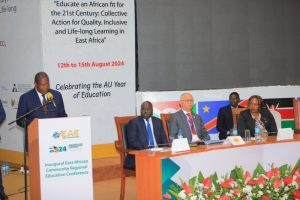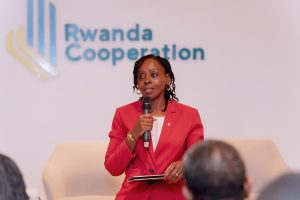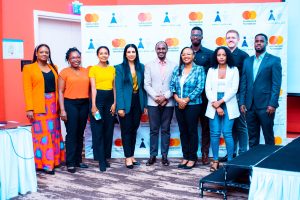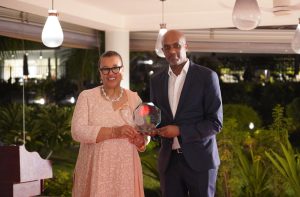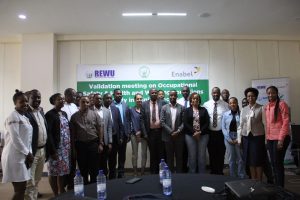Kayonza: Over 500 couples formalized their marriage, resolved conflicts through gender transformative approach
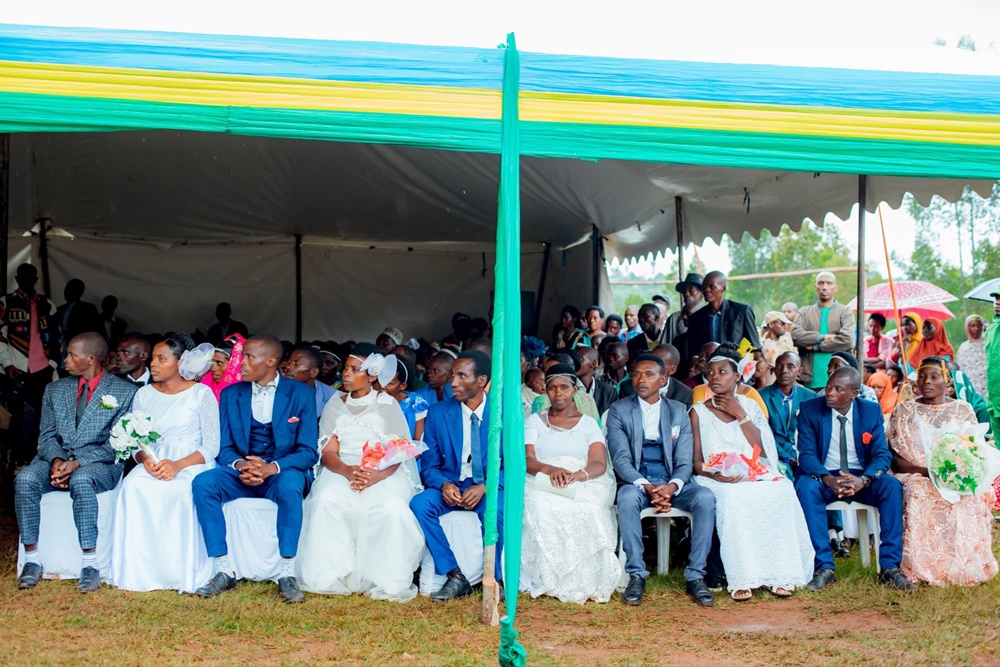
In Kayonza District, around 500 families have legalized their marriages following a campaign conducted using the Gender Action Learning System (GALS) approach, implemented in collaboration with the KIIWP Project and the district administration. This achievement was highlighted on October 29, during a joint wedding ceremony of 65 newly married couples in Ruramira Sector.
“When families get legally married, household conflicts are reduced, and couples are able to focus on improving their livelihoods. They can better care for their children and successfully implement development projects,” said Mr. John Nyemazi, Mayor of Kayonza District.
He encouraged other couples who are cohabiting without legal marriage to formalize their unions, and urged married couples experiencing conflicts to seek resolution, emphasizing that such disputes hinder family progress.
“When couples live together peacefully, it becomes the foundation for all the good things a family can achieve,” he added.
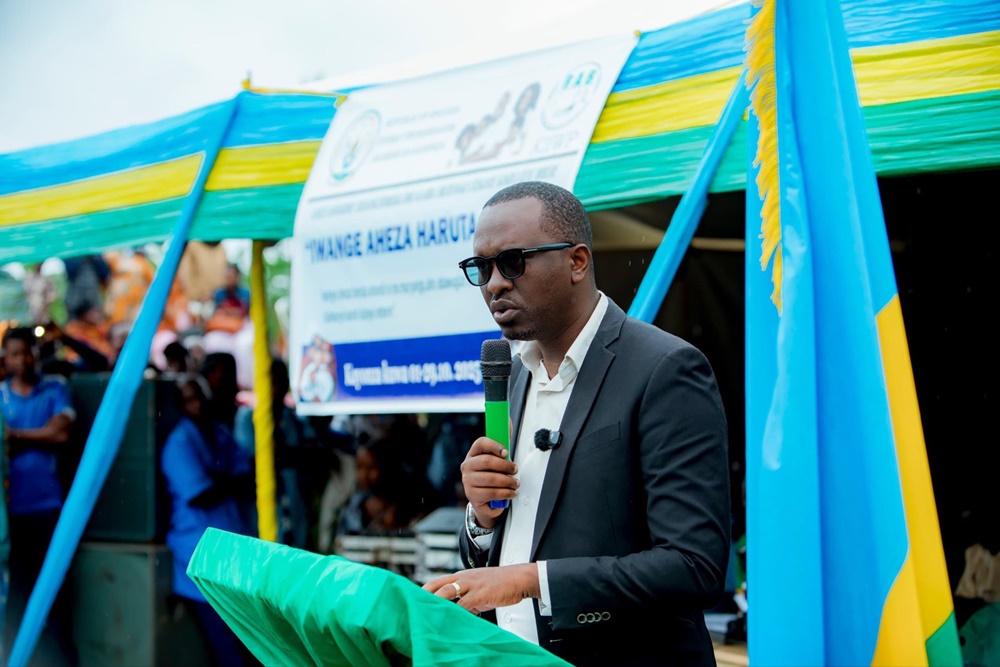
Gisa Shakilla, the RAB-SPIU Officer in charge of community development, gender, and youth under the KIIWP Project, praised the impact of GALS training.
“Sometimes men fear that legalizing their marriages will lead to disrespect from their wives. But after receiving GALS training, they understand that mutual respect and cooperation are essential for household development,” she explained.
So far, about 16,000 people including farmers in cooperatives, village leaders, and members of the wider community have received GALS training in Kayonza District. As a result, roughly 500 families have since formalized their marriages.
Syriaque Nganji, a resident of Ruramira Sector married for six years, shared how the training transformed his perspective on gender equality.
“I used to think gender equality was meant to oppress men, and I mistreated my wife because of that. But after attending GALS training, I changed. I learned to respect her, save money, start a small business, and even bought a motorbike,” he said. “We’ve now reached a good level and continue progressing. We live in harmony.”
His wife, Chantal Iradukunda, expressed her appreciation for the positive changes in their relationship.
“What makes me happy is that we now cooperate in all household activities, including chores. Before, I depended entirely on my husband for every basic need, but today I am engaged in income-generating activities myself,” she said.
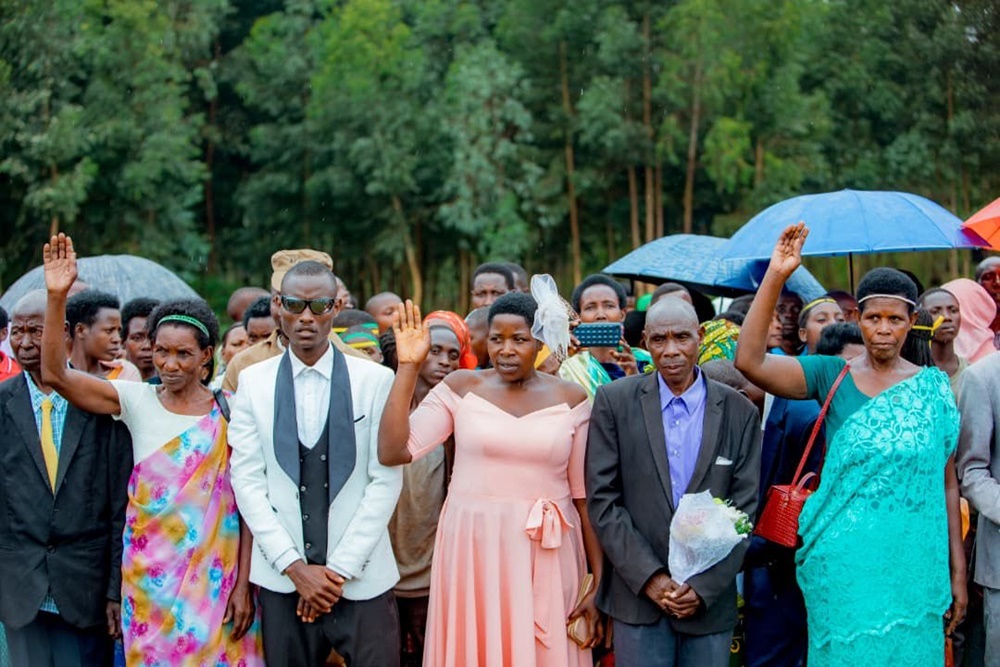
Another participant, Habimana Gilbert, also shared his testimony saying he used to live in constant conflicts with his wife, and it affected their children heavily because some of them attended school very late. “I am grateful to the KIIWP Project for the valuable lessons that helped us change. Now, we are living peacefully and safely.”
The GALS program is delivered by the KIIWP2 project developed by the Government of Rwanda in collaboration with the International Fund for Agricultural Development (IFAD) through the Ministry of Agriculture and Animal Resources (MINAGRI) and implemented by the Rwanda Agriculture and Animal Resources Development Board (RAB).
The goal of GALS is to address gender and social injustice in economic development in IFAD-funded projects by using an inclusive and participatory process that is itself an empowerment strategy. It is based on a set of principles that cover gender justice and inclusion, leadership, action for change and sustainability. GALS facilitators and community members use visual diagrams to work through the process, which is conducted in three phases that are led by the community.
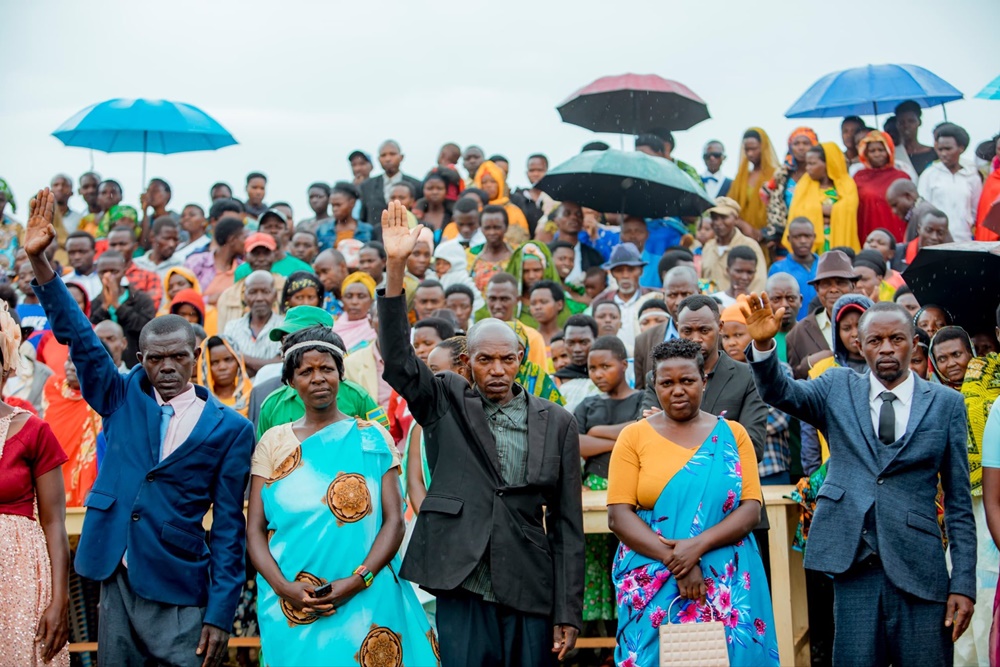

SUBSCRIBE TO OUR NEWSLETTER

